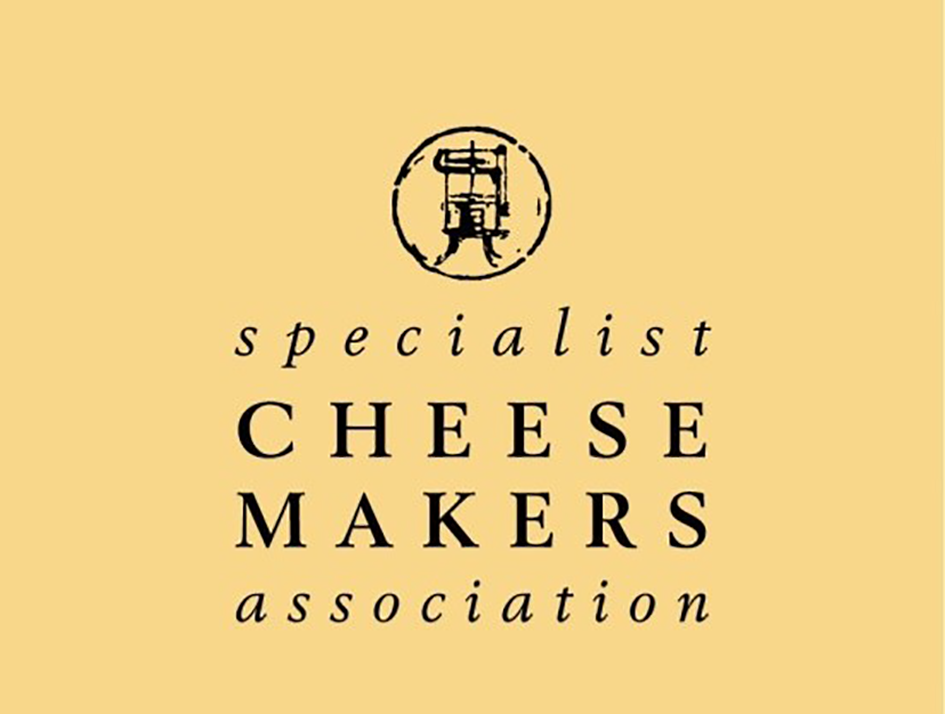Tasting Delicious this July
14 July, 2020Due to its handmade nature, artisan cheese can vary from batch to batch and the way in which each batch is stored will impact its quality. Some batches may improve with longer maturation times, or different storage conditions. Jazz Reeves is our Quality Manager based at Paxton & Whitfield's Cotswolds HQ. Jazz has the job of tasting our cheese as each batch comes in from the cheesemakers and approving its quality for sale. Read on for our Q&A wth Jazz...

You taste cheese daily as an official part of your job. What do you look for when you’re tasting cheese?
I firstly assess the appearance, because this can tell me a lot about the cheese before even tasting. For example, looking at the rind of a soft cheese will be a good indicator of the level of maturity. Next, I review the aroma of the cheese; this can indicate if there are any issues with the quality before even tasting and often reflects the flavours that will be tasted. After cutting into the cheese, I look at the texture of both the rind and the paste and start to taste. I consider the specific flavours that can be tasted and how these vary at the different points of the cheese. For example, how it tastes in the centre of the paste and how this differs closer to the rind, how the flavours develop in the mouth, and whether the cheese has a long or short finish.
Why does each batch of artisan cheese taste different?
Each cheese that we sell is a handmade, artisan product. This means that there are slight variations in the make of each batch, which further down the line can affect the flavour. The season of production can make a massive difference to the cheese. For example, the taste will be impacted by whether the cows, sheep, or goats that were milked were grazing outside and what they were eating at that time of year. The flavour of the cheese also develops with maturation, and so the flavours vary depending on when the cheese is tasted. I think this is one of the really exciting things about artisan cheese; that it is a living and ever changing product.
What actions do you take if you’re not satisfied with the maturity or quality of a batch of cheese?
We work closely with our cheesemakers, and feeding back to them in terms of quality is really important, whether this is positive feedback, or improvement is needed. I think it’s our role as cheesemongers and affineurs to ensure that we’re representing their cheese in the best possible way. There are also ways that we can bring on the maturity of a cheese ourselves, by changing how we store, and look after it. For example, monitoring, and changing the temperatures that we store the cheeses at. All of this ensures that the cheeses we sell reach the customers at their very best.
How did you get into working in cheese and how have you increased your knowledge of cheese?
My career in cheese began completely by accident, after completing my degree in Music I applied for the role of cheesemonger in our Stratford upon Avon shop; purely as I knew that I loved cheese, and had an interest in food. Over the past five years of working in cheese, I have increased my knowledge by tasting as many cheeses as possible (it’s a hard job!), reading cheese books, learning from my peers and sitting the Academy of Cheese Level 1 course, and I am currently working towards the Level 2 accreditation. What I love about working in cheese is that you never stop learning, there’s always more to taste, and more knowledge to absorb.
What would your personal favourite cheeses be to select for a cheeseboard and why?
I would usually stick to around three cheeses for a cheese board, and I think the key to creating a great cheeseboard is balance: a mix of styles, milk and textures is important. My personal favourites do tend to change constantly! At the moment I would choose: Lancashire Kirkhams, Golden Cross and Barkham Blue – our current batches of these 3 particular cheeses are tasting incredible, and would be great for a sunny garden cheeseboard.
You can read Jazz' tasting notes for July 2020 cheeses here and find out her top recommendations from our current batches of artisan cheese.




